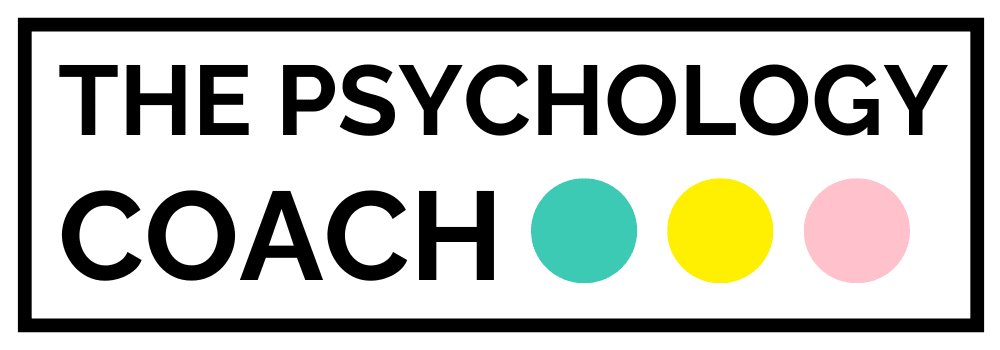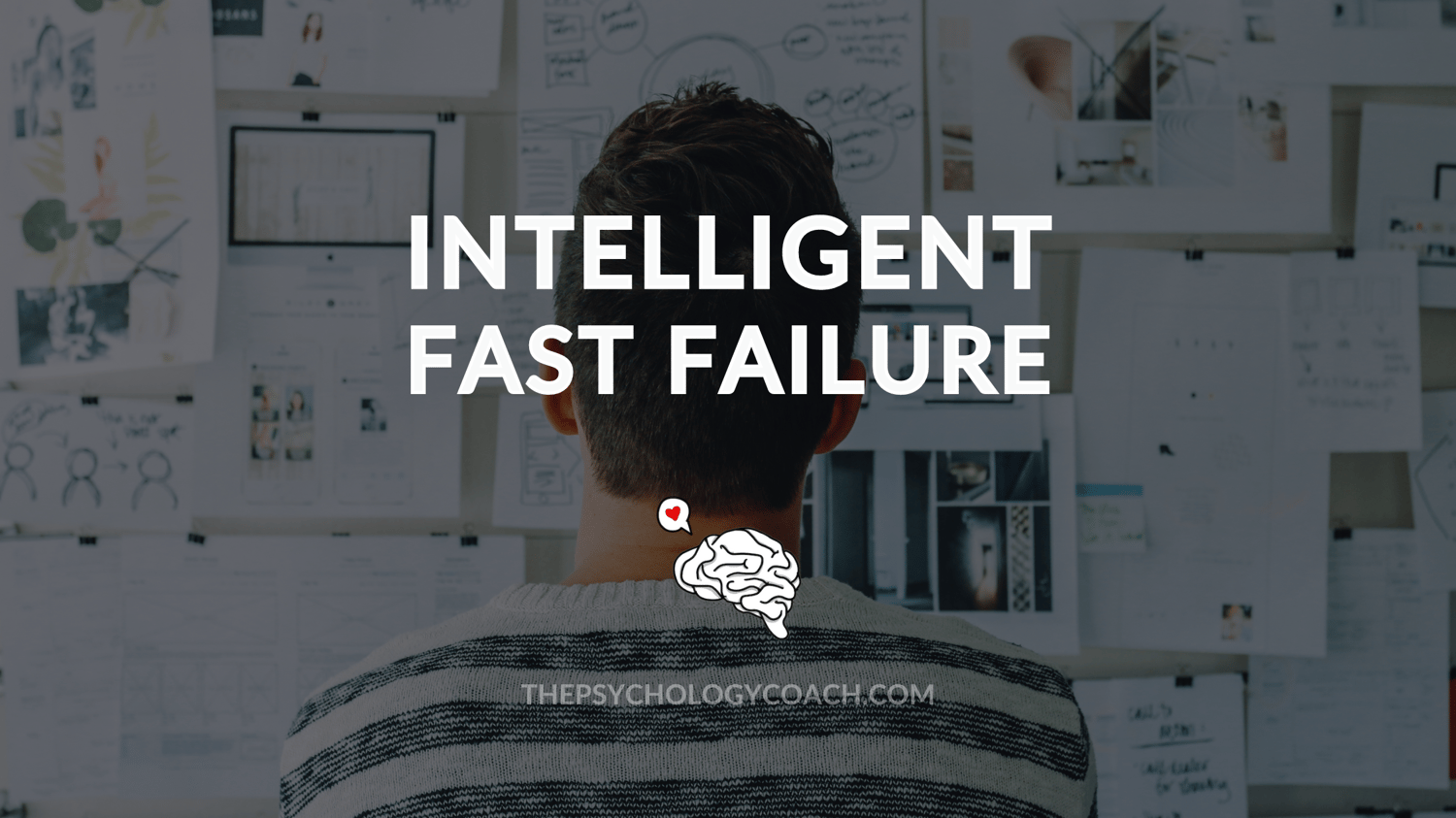Some say that Intelligent Fast Failure (IFF) is a method or a tool. For me, it is a mindset, a principle that inspires me to treat life as an experiment, a continuous process of learning and re-adjustment.
I first heard of the theory behind IFF in a Creativity and Innovation course, led by Jack Matson, a professor of Environmental Engineering, and his associates. However, he formerly presented his idea to the public in 1989 with an article entitled “Intelligent Fast Failure”, published in Management Letter.
The main idea of IFF is that creative breakthroughs are often the result of multiple previous failures. Think of Thomas Edison and the famous quote attributed to him: I have not failed - I’ve just found 10,000 ways that won’t work.
Each time we fail, we are building and gathering knowledge. A failure is thus a step in growing and achieving success. This applies not only to the innovation industry but also to our personal and professional lives.
Embracing Fear, Failure and the Unknown

As human beings, we have complex needs. We like to explore, but we may fear failure and the unknown. This is why we can be somewhat resistant to change and averse to making decisions that can bring new realities.
According to Matson, failure is inevitable. It is a part of our journey. When we get stuck fearing to try something new or different, it prevents us from growing and discovering better ways of leading life.
Intelligent Fast Failure in Theory

Intelligent stands for taking risks as learning opportunities. These opportunities allow us to learn as much as possible by asking why and seeking feedback.
Fast means we test and fail several solutions in a short time. Instead of sticking with only one solution, we consider and put many to the test. The focus is on exploring and evaluating the results to reach a better solution more quickly.
Failure emphasises the risk of not being successful at first. No matter how good our plan of action is, sometimes plans fail. Within the IFF theory, that is not only ok but expected and used to improve.
Intelligent Fast Failure Principles

Applying the meaning of IFF can help us find some balance and become more creative in solving problems. It propels us to choose courage and do it anyway despite fear.
To facilitate this, it might be good to consider two essential principles embedded in the IFF approach. The first principle is that we must address our fear of failure, and the second is that wisdom can be obtained from failure.
Principle #1
In any decision or action, there is room for error and mistakes. The likelihood we will get it right the first time around is small. The faster we accept this, the easier it will be to move forward and readjust to incorporate the new information.
Principle #2
From error or failure, we can derive knowledge and feedback for improvement. As long as we commit to understanding why it didn’t work and how we can make it better next time, no attempt is in vain.
IFF, Personal Management and Self-Leadership

In personal management and self-leadership, IFF can be a powerful mindset to engage with. It redirects our attention from the problem to the need to generate and test different solutions until we find the most suitable or efficient one.
Here are three ways IFF has helped me over the years:
- Making peace with the unknown: choosing to see life as a series of experiences has required me to adopt courage in the face of fear and embrace that uncertainty is a part of life. Each decision or action is taken based on the information I have. If it does not work out, I can learn and try again.
- Building resilience: understanding that mistakes and errors are part of any human creative and learning process has helped me to become more resilient and perseverent. When I hit a roadblock, I try a different strategy instead of giving up.
- Improving through reflection: taking the time to understand why a solution did not work helps us to acquire information and readjust future attempts. Reflection often brings new insights that otherwise would be missed.
Conclusion
Although used as a tool and a theory to accelerate creativity and innovation, IFF can be applied to solve and overcome problems in any field or context.
Its emphasis on taking failures as learning opportunities encourages us to keep exploring and trying different solutions as fast as possible while collecting and reflecting on feedback.
The method can be particularly useful in the context of personal management and self-leadership. Adopting the principles of IFF can help us face uncertainty, become more resilient and use reflection to improve personal or professional plans.



Comments ()